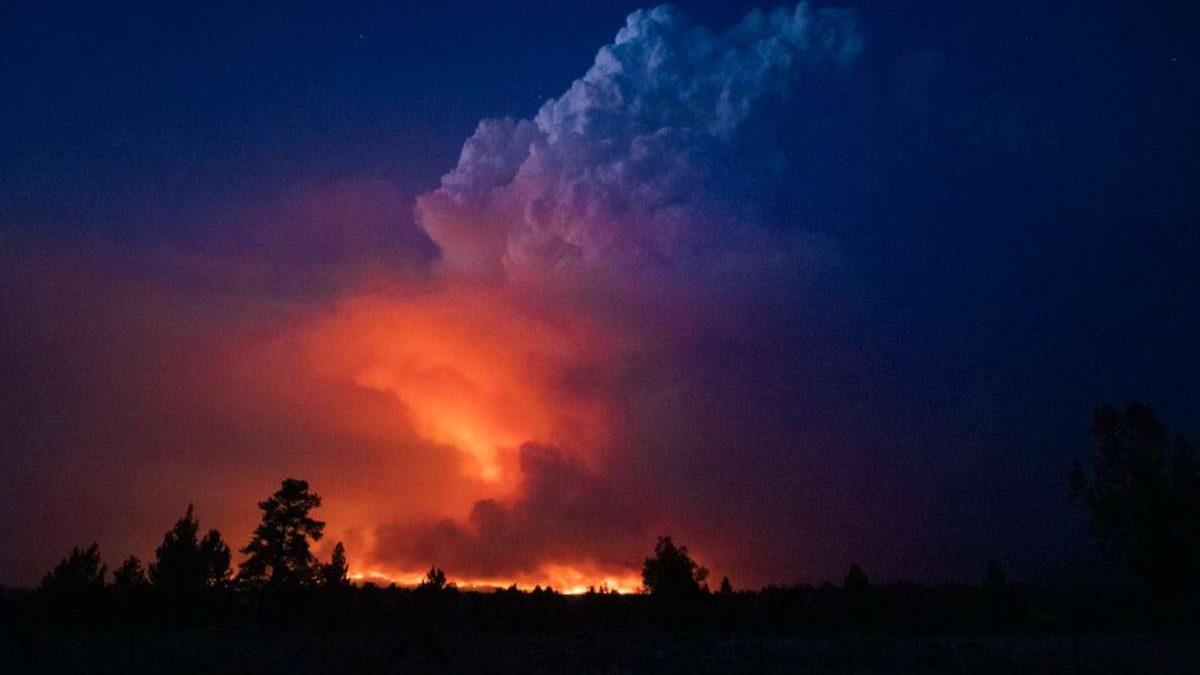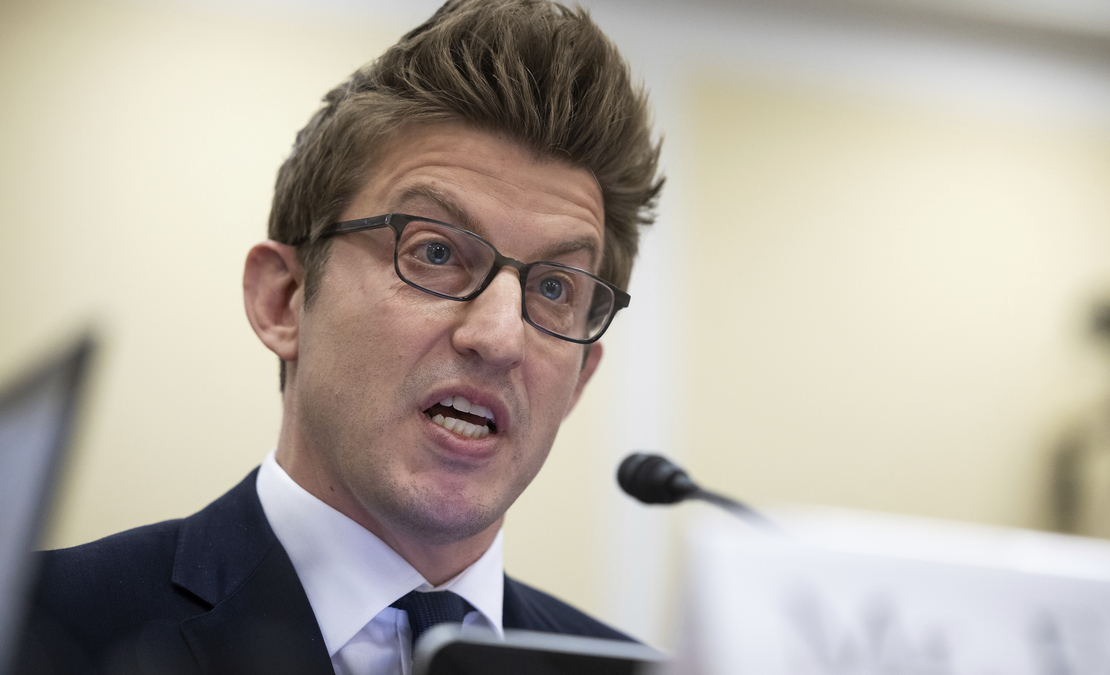Asian Americans see shooting as a culmination of a year of racism – Anti-Asian attacks rise along with online vitriol – “I’ve never been this afraid to be Asian in America”
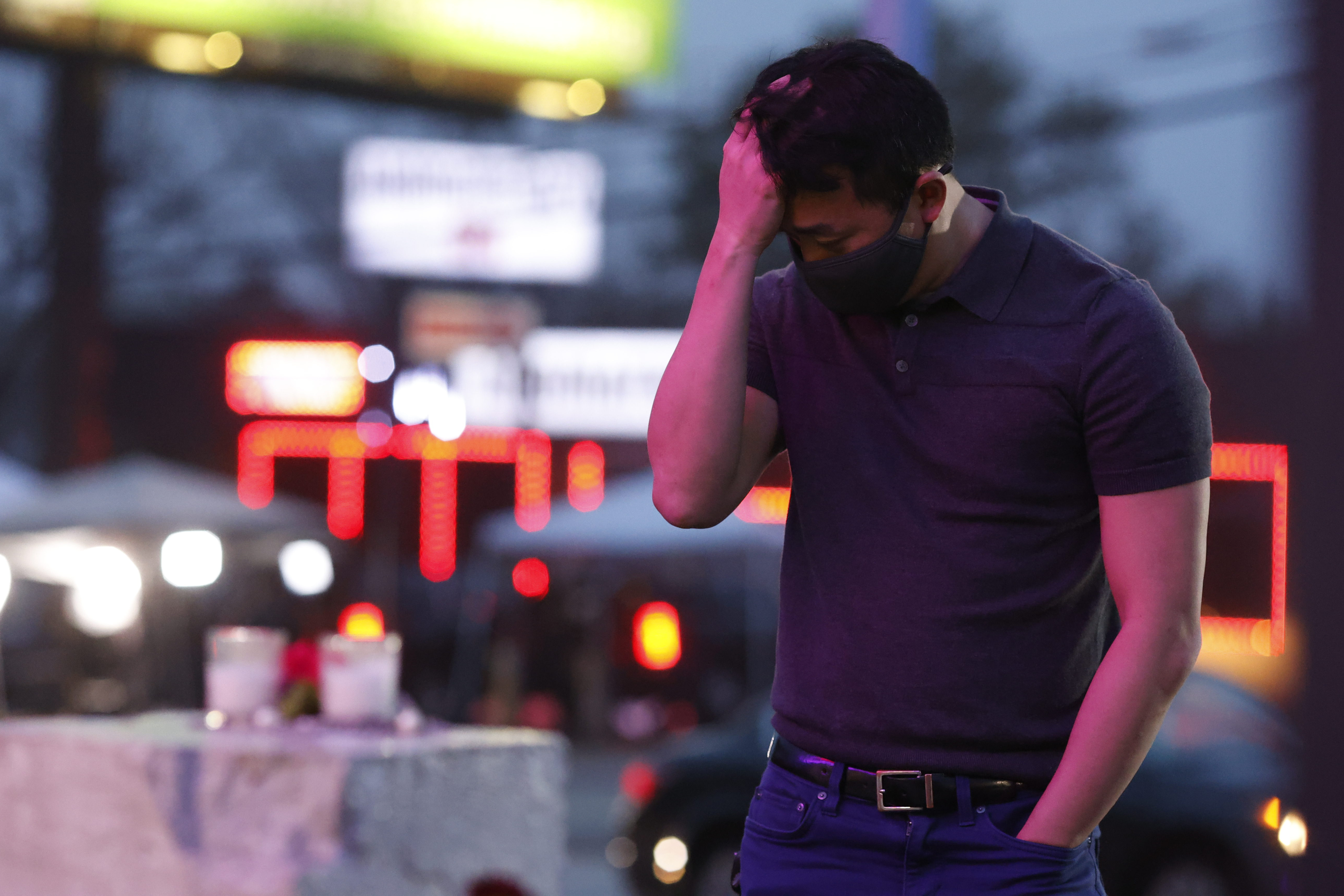
By Silvia Foster-Frau, Marian Liu, Hannah Knowles, and Meryl Kornfield
17 March 2021
(The Washington Post) – As Helen Kim Ho learned that a White man with a self-described sex addiction was charged with killing eight people — including six Asian women — at spas in the Atlanta area on Tuesday, she imagined the stereotypes of Asian women that must have run through his head.
“We’re not really Americans, we’re perpetually foreigners, and that idea plays out with women as being oversexualized,” said Ho, a Korean American and a founder of the advocacy group Asian Americans Advancing Justice in Atlanta. “All of that had to have played out in this man’s own mind. In addition to the unspoken notion that Asian people are easy targets.”
Atlanta police said the suspect told them that his actions were not racially motivated — even though the shooter targeted businesses known for employing Asians, and six victims were Asian women. The suspect said he had a “sex addiction,” according to police, and wanted to eliminate temptation, which sounded to many women as if their sexuality was somehow to blame.
The gunman’s intent seemed crystal clear to Asians living in Atlanta and across the nation who have long had to confront stereotyping, hateful harassment and even violence — and who say things have gotten even worse amid the coronavirus pandemic.
For Asian women, the moment felt particularly threatening.
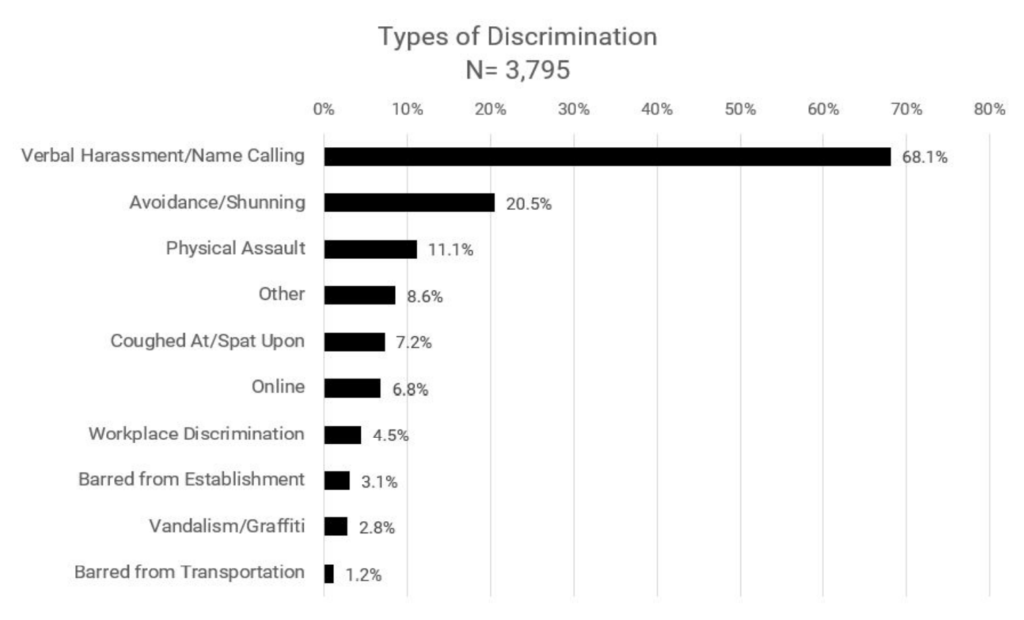
The suspect “said it wasn’t racially motivated, but on the other hand, he’s going specifically to these spas where Asian women work precisely to serve the sexual fantasies of White males,” Palumbo-Liu said in an interview, “so to disentangle them is really to do a disservice to the fact that these things are so linked together.”
The shooting made visible the worst-case scenarios many Asians living in the United States had feared. Many sadly expressed a similar sentiment: We knew this was coming.
The coalition Stop AAPI Hate has been documenting anti-Asian attacks since the pandemic started last March and says there have been nearly 3,800 hate-fueled incidents against the Asian American and Pacific Islander community in the U.S. — a number the group says is probably a fraction of the true number. About 3 in 10 Asian adults said they’ve experienced jokes or slurs about their race or ethnicity during the pandemic, according to Pew Research — the highest percentage among all races [Stop AAPI Hate National Report 3/19/20 – 2/28/21 (pdf) –Des].
More than 68 percent of documented reports of anti-Asian harassment and violence since the beginning of the coronavirus pandemic have been from women.
“I’ve never been this afraid to be Asian in America,” said Dorothy Kuo, 38, who attempted to explain to her 6-year-old daughter what had happened in their community. [more]
Asian Americans see shooting as a culmination of a year of racism
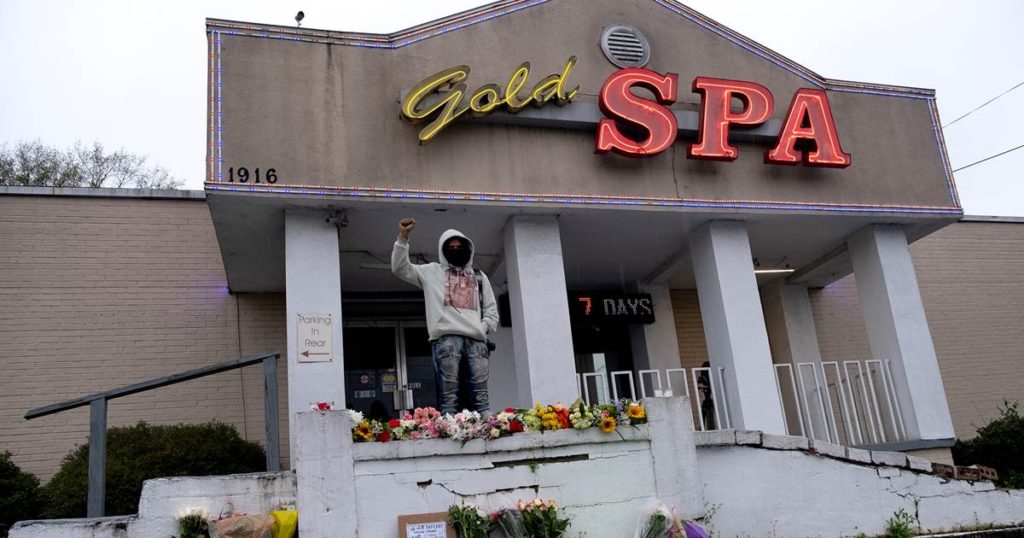
Anti-Asian attacks rise along with online vitriol
By Drew Harwell, Craig Timberg, Razzan Nakhlawi, and Andrew Ba Tran
17 March 2021
(The Washington Post) – The fatal shootings of six Asian women in Georgia on Tuesday have turned a spotlight on a disturbing trend of the past year: Crimes against people of Asian descent have risen sharply in the United States, along with online slurs blaming them for the coronavirus pandemic.
Authorities say they are not certain, at this point, that the alleged shooter, Robert Aaron Long, 21, was motivated by racial animus. But the broader trend of hateful words and deeds against Asians and Asian Americans is clear, researchers say, and appears to have spiked since the November presidential election and the contentious months that followed.
Terms including “China,” “Wuhan” and “flu” surged on far-right forums on Telegram, 8kun and TheDonald.win as former president Donald Trump pushed baseless allegations of widespread voter fraud, according to data tracked by the Network Contagion Research Institute, which monitors misinformation and online extremism. The terms were used on those platforms 44 percent more in January than in the average month last year. […]
“The election has corresponded with a resurgence of anti-Asian hate,” said Joel Finkelstein, the co-founder of the Network Contagion Research Institute, which first reported on rising anti-Asian animus in April. “There are a lot of people looking for others to blame.” […]
Charissa Cheah, a University of Maryland Baltimore County professor who has studied Asian American discrimination, said the “racialization” of the pandemic as the “China flu” has led to Asian Americans being targeted for real-world abuse. [more]
